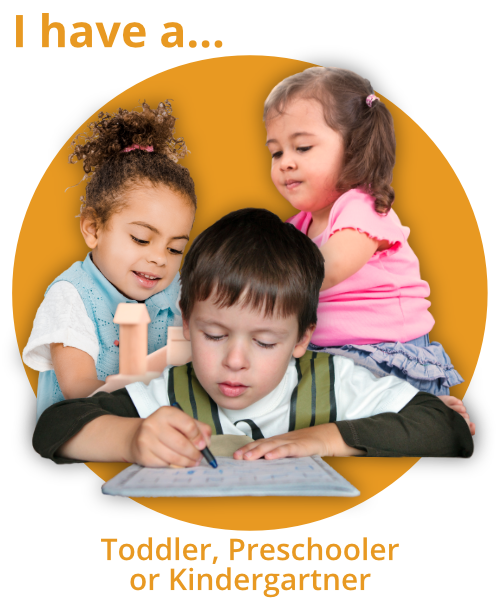Why Is My Child So Grabby?
We both stood there, covered in goo, staring at each other in shock.
It happened so fast. The idea to bake was mine. Always game for something new, he easily agreed.
What happened next is a blur. As I reached for the flour, he was one step ahead, pouring it into the bowl without measuring.
While I was pouring it back into the back only to take it back out a cup at a time, he was getting all of the condiments out of the fridge and starting to taste-test them. I remember calling him back, and somehow we finished the muffin batter, but when he grabbed the bowl posessively and tried to walk out the door into the living room and I instinctively raced after him, somehow a good bit of it ended up all over both of us.
Deep breaths, I thought to myself. And then I took them, one by one, while looking at my squishy, batter-splattered toes.
When I looked back up, his face had fallen. “I’m sorry, Mommy,” he said simply.
Together we cleaned up, salvaged what we could of the mixture, popped it into the oven, and went about the rest of our day.
I couldn’t help but worry.
Why was he so impulsive? What kind of trouble was this personality trait going to lead him into when he is a teenager? How will I survive the next few years living with this creature who has no foresight or self-control without losing my mind?
As a parent coach and Montessorian, I know that a lack of self-control is actually very common in early childhood. And most of the problem lies with the extremely-slow-to-develop prefrontal cortex.
Why the Prefrontal Cortex Matters
This part of the brain is instrumental for executive functioning, which allows for such skills as…
Organization of ideas and actions
Focusing on the task at hand
Following through with an activity
Thinking about the consequences of one’s actions
Regulating one’s emotions
Assessing one’s actions and adjusting them
These qualities are noticeably absent in toddlers, but even young children struggle with them. The reason? It just takes lots and and lots of time to develop.
Like….24-30 years! Unbelievable, right?!
Unfortunately, there’s nothing we can do to rush it, but there are things that we can do to help in the meantime.
We can be our children’s prefrontal cortex externally in a lot of ways. For example, we might be preparing their environment, organizing their space, giving short and direct tasks, modeling tasks for them, giving reminders, and sportscasting.
In the situation above, I could have addressed a lot of the issues we had up front by organizing my baking supplies and getting out the ingredients first before we started the muffin-making. I could have let him know the procedure - what was going to happen when - before we started at all.
To help with that impulse control, I could have given him clearer directions, done more modeling, and designated a work area / tray for containment. I could have given him a visual list of what to do first, next, etc.
Above all, what was needed on my part was patience. By being patient with our children, we can trust that as they grow, they will gain more and more self control, less impulsivity, and the ability to understand the consequences of his actions.
Has your child been a little impulsive lately?
Like the little kitten that scrambles up a tree, unable to get back down, your child races toward all the things in life that seem exciting. We can’t blame them for this! Joy for learning is built into their DNA.
As they grow, they will become more thoughtful creatures. We just need to give them more time and space to develop in a safe, loving environment.


